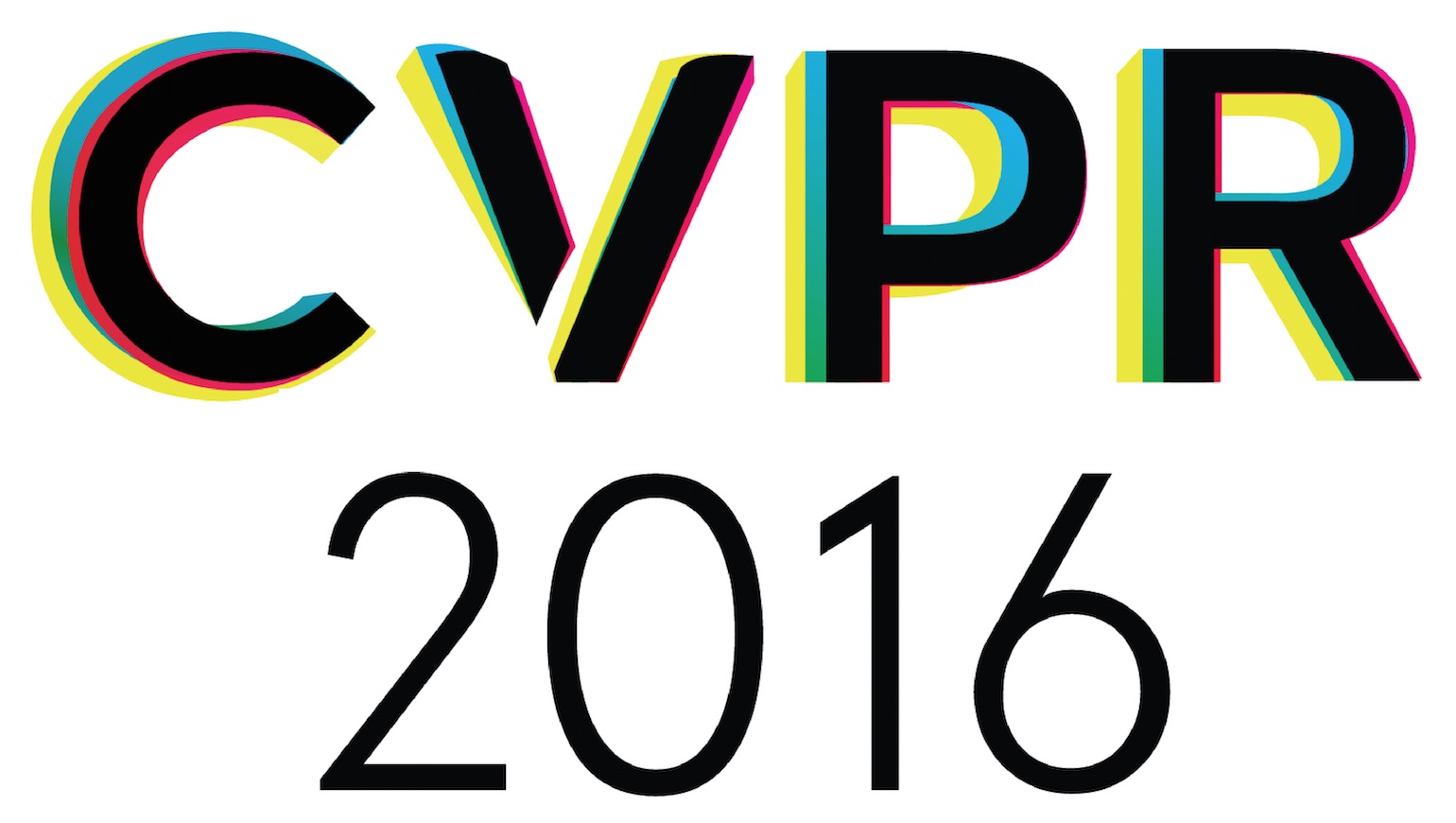-
What Sparse Light Field Coding Reveals About Scene Structure
AbstractIn this paper, we propose a novel method for depth estimation in light fields which employs a specifically designed sparse decomposition to leverage the depth-orientation relationship on its epipolar plane images. The proposed method learns the structure of the central view and uses this information to construct a light field dictionary for which groups of atoms correspond to unique disparities. This dictionary is then used to code a sparse representation of the light field. Analysing the coefficients of this representation with respect to the disparities of their corresponding atoms yields an accurate and robust estimate of depth. In addition, if the light field has multiple depth layers, such as for reflective or transparent surfaces, statistical analysis of the coefficients can be employed to infer the respective depth of the superimposed layers.
Related Material
[pdf][bibtex]@InProceedings{Johannsen_2016_CVPR,
author = {Johannsen, Ole and Sulc, Antonin and Goldluecke, Bastian},
title = {What Sparse Light Field Coding Reveals About Scene Structure},
booktitle = {Proceedings of the IEEE Conference on Computer Vision and Pattern Recognition (CVPR)},
month = {June},
year = {2016}
}
These CVPR 2016 papers are the Open Access versions, provided by the Computer Vision Foundation.
Except for the watermark, they are identical to the accepted versions; the final published version of the proceedings is available on IEEE Xplore.
Except for the watermark, they are identical to the accepted versions; the final published version of the proceedings is available on IEEE Xplore.
This material is presented to ensure timely dissemination of scholarly and technical work.
Copyright and all rights therein are retained by authors or by other copyright holders.
All persons copying this information are expected to adhere to the terms and constraints invoked by each author's copyright.

